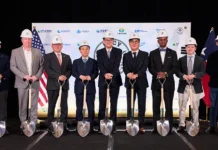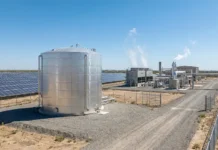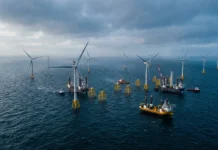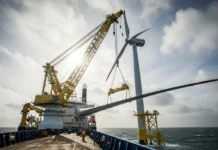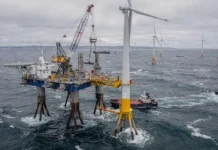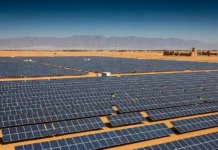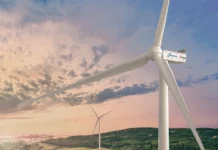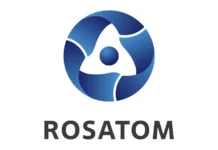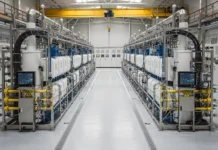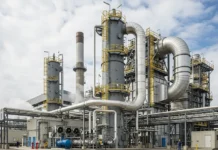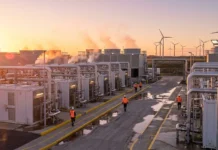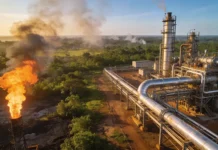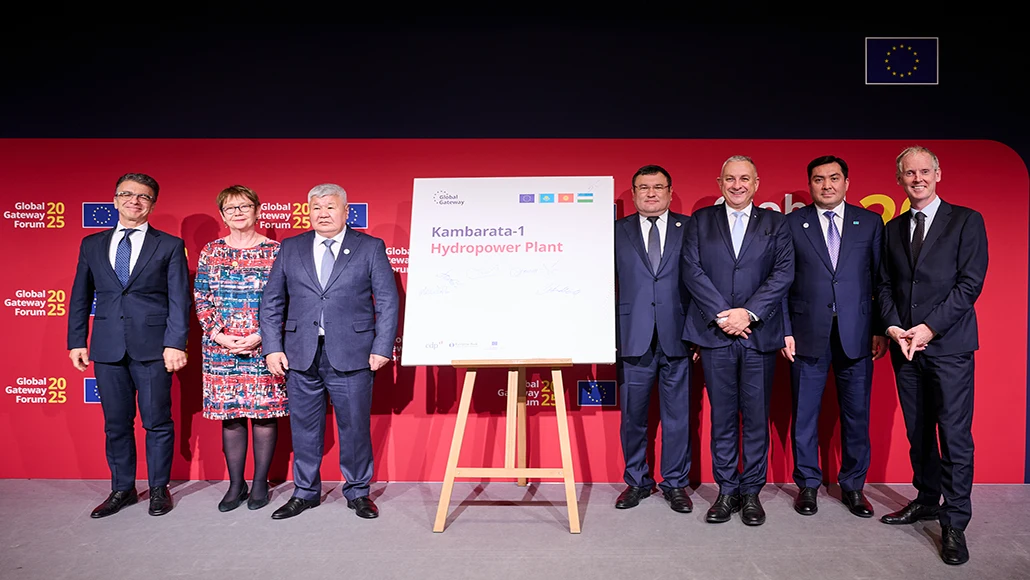The European Union, along with its international partners, has revealed a set of new investments aimed at strengthening hydropower infrastructure across Central Asia. Central to this effort is the Kambarata-1 hydropower plant in Kyrgyzstan, which has reached a key milestone. The EU, the European Investment Bank (EIB), and the governments of Kyrgyzstan, Kazakhstan, and Uzbekistan signed Memoranda of Understanding worth €900 million in total. A feasibility study, co-funded by the EU and carried out by the World Bank, has also been completed. On top of that, the European Bank for Reconstruction and Development (EBRD) signed agreements with all three countries and is looking at a potential €1.3 billion financing package for the project.
These investments aim to boost electricity access across the region and create new economic opportunities for local communities. Announcements were made during the Global Gateway Forum, held in Brussels from 9-10 October.
European Commissioner for International Partnerships, Jozef Síkela, emphasized the importance of these projects: “During my recent mission across Central Asia, I have very well learned the importance of water for the stability of the whole region. Smart investments in Hydropower plant can improve the access to reliable and affordable electricity, generate income for local people, while supporting sustainable agriculture and protecting people’s health and the environment. We are proud to support the future construction of the Kambarata-1 hydropower plant that is key to energy production in Central Asia. Our new investments strengthen the strategic partnership between the EU and Central Asian countries.”
EIB Vice-President Kyriacos Kakouris, responsible for the bank’s Central Asian operations, added: “Enabled by guarantees from the European Commission, the EIB as the climate bank is backing infrastructure that strengthens regional energy cooperation in Central Asia. We see the potential of the Kambarata-1 hydropower plant project as instrumental in expanding renewable electricity trade in the region, fostering economic development, and enhancing energy security. These partnerships underscore the European Union’s commitment to deepening its strategic partnership with Central Asia, based on mutual respect and delivering shared benefits for people and the planet.”
EBRD President Odile Renaud-Basso described the project as a flagship initiative: “Kambarata-1 hydropower plant is a flagship regional project for Central Asia, enhancing energy and water security and supporting the expansion of renewable energy. The EBRD, as a leading investor in all participating countries, is pleased to support regional connectivity and effective water management, with the EU and partners,”
Through a Team Europe approach, which brings together the EU, its Member States, finance institutions, and the private sector, efforts are underway to improve regional coordination on water management and unlock the region’s hydropower potential. This includes the Team Europe Initiative on Water, Energy and Climate Change, designed to address water and energy challenges, foster regional cooperation, and promote a green and blue transition in Central Asia.
During the Forum, the EU highlighted the outcomes of national energy reforms and the regional green transition. Participants also discussed the development path for the two planned Global Gateway projects in the region: the Kambarata-1 and Rogun hydropower plants.



